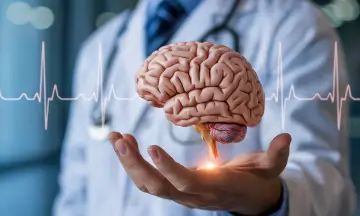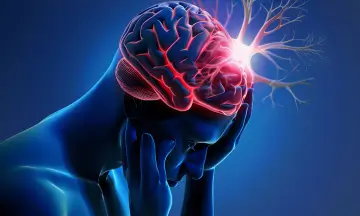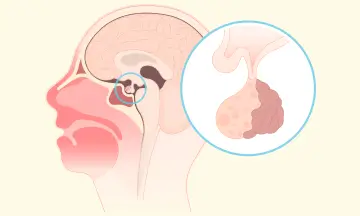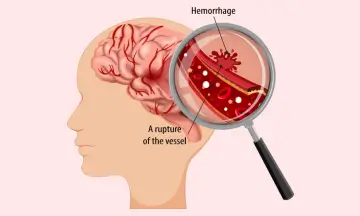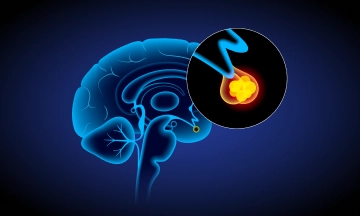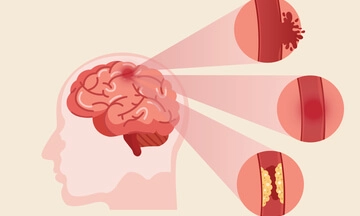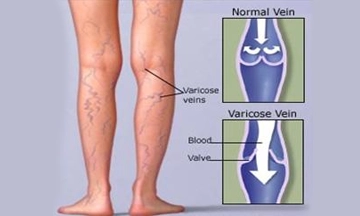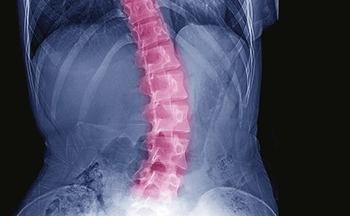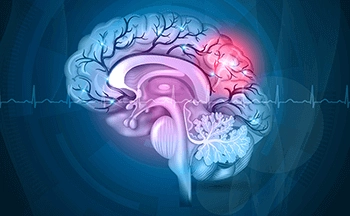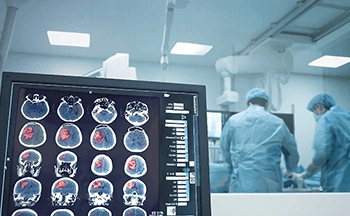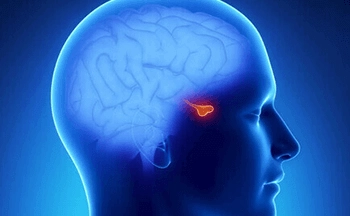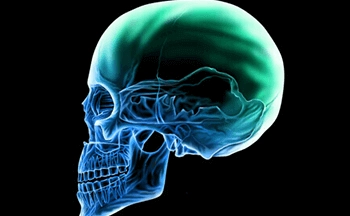
A blood clot in the brain is a life-threatening condition that needs immediate medical attention. This condition occurs when a clot blocks or restricts blood flow to the brain, depriving it of oxygen and essential nutrients. Without quick intervention, this can result in permanent brain damage, disability, or even death.
What is a Blood Clot in the Brain?
A blood clot in the brain (cerebral thrombosis, embolism, or stroke) forms when a clot obstructs blood vessels in the brain. These clots can form in:
- Arteries (Ischemic Stroke): Caused by blockage in the blood supply.
- Veins (Cerebral Venous Sinus Thrombosis): Caused by a clot in the brain’s venous system.
- Trauma-related bleeding: A blood clot in head due to injury can increase pressure, cause swelling, and damage brain tissue.
Blood Clot in Brain Symptoms
Recognizing the blood clot in brain symptoms is essential for saving a life. Here are the most common warning signs:
- One side of the body suddenly becomes weak or numb, especially the face, arm, or leg.
- Sudden vision loss in one or both eyes
- Problems speaking or comprehending language
- Sudden confusion or memory loss
- Loss of coordination, balance, or dizziness
- Severe headache
- Seizures or convulsions
- Fainting
These symptoms varies depending on the location and size of the clot. Seek emergency medical care if any of these signs appear.
Blood Clot in Brain Causes
Prevention depends on an awareness of the blood clots in brain causes. Several underlying diseases and lifestyle choices can cause a clot to develop. The most often occurring brain clot generators include:
- Atherosclerosis: The narrowing of the arteries caused by fatty deposits increases the susceptibility to clot development.
- Hypertension (High Blood Pressure): Chronic high blood pressure weakens the blood vessel walls and increases the risk of clots.
- Heart Conditions: Atrial fibrillation, or irregular heartbeats can lead to clots in the heart and embolism—that is, travel to the brain.
- Trauma or Head Injury: A blood clot in head may develop after a traumatic injury, causing pressure and bleeding inside the skull.
- Genetic or Acquired Clotting Disorders: Disorders like antiphospholipid syndrome or thrombophilia raise the inclination for aberrant blood clotting.
- Lifestyle Factors: Factors like smoking, obesity, physical inactivity, and poor diet all contribute to clot formation.
- Certain Medications and Hormones: Hormonal birth control pills, hormone replacement therapy, and some cancer treatments may increase the risk.
How to Cure Blood Clot in Brain?
Patients often wonder, "How to cure blood clot in brain?" The treatment depends on the type of clot, location, severity of the condition, and how early it is detected. Early intervention significantly improves the chances of recovery.
Blood Clot in Brain Treatment
Depending on the health of the patient, blood clot in brain treatment might combine non-surgical methods, drugs, and surgery.
1. Medications
- Thrombolytics (Clot Busters): These drugs dissolve clots quickly and are most effective when given within 4.5 hours of symptom onset. Examples include Alteplase (tPA).
- Anticoagulants: Particularly in people with preexisting clotting problems, drugs such as Heparin or Warfarin assist stop fresh clots from developing.
- Antiplatelet Agents: Aspirin and Clopidogrel stop platelets from aggregating, therefore lowering the chance of clot formation.
- Anti-seizure Medications: Prescribed if the patient develops seizures due to the clot.
2. Endovascular Procedures
A minimally invasive way to treat clots involves inserting a catheter through the blood vessels to reach and remove the clot directly.
How to remove blood clot in brain using a catheter:
- A stent retriever is used in mechanical thrombectomy, a surgery whereby the clot is manually removed by doctors.
3. Brain Surgery to Remove Blood Clot
In more severe cases or if the clot causes a brain hemorrhage or increased pressure, brain surgery to remove blood clot may be necessary. This includes:
- Craniotomy: The skull is opened surgically to locate and remove the clot.
- Decompressive Surgery: Performed to relieve pressure caused by swelling or bleeding.
- Drain Placement: A drain may be used to assist eliminating extra fluid or blood.
Surgery is typically recommended when there’s a blood clot in head due to trauma, a hemorrhagic stroke, or when non-surgical treatments are ineffective.
Recovery and Rehabilitation
Recovery depends on the extent of brain damage and the time taken to initiate treatment. Rehabilitation may include:
- Physical Therapy to regain motor skills and balance.
- Speech Therapy in case speech is affected.
- Occupational Therapy to relearn daily tasks and functions.
Support from family, caregivers, and specialists plays a crucial role in improving quality of life.
Preventing a Blood Clot in the Brain
Although not all clots may be avoided, you can greatly lower your risk by:
- Managing blood pressure, cholesterol, and blood sugar
- Staying active
- Eating a balanced diet rich in fruits, vegetables, and whole grains
- Quitting smoking and limiting alcohol
- Taking medications as prescribed for heart or blood conditions
- Following up regularly with your healthcare provider
Conclusion
An urgent medical treatment is required for a blood clot in brain since it is a major and potentially fatal disorder. Knowing the blood clot in brain symptoms, brain clot causes, and current blood clot in brain treatment choices will help to minimise long-term consequences and possibly save lives. Timely intervention is the secret to recovery and survival, whether it comes to medication, how to remove blood clots in the brain using minimally invasive treatments, or brain surgery to remove blood clots.
FAQs
1. Can a blood clot in the brain go away on its own?
Some very small clots may dissolve naturally, but most require medical intervention to prevent damage.
2. What is the survival rate for blood clot in the brain?
Survival depends on how early treatment begins. The faster you receive care, the better the outcome.
3. Is brain clot the same as a stroke?
Yes. A clot in a brain artery usually causes an ischemic stroke, which is the most common type.
4. How to remove blood clot in brain without surgery?
Medications like tPA or procedures like thrombectomy can remove or dissolve clots without open surgery.
5. What are the long-term effects of a blood clot in the brain?
Potential long-term effects include paralysis, speech problems, memory loss, or personality changes, depending on which brain area is affected.







